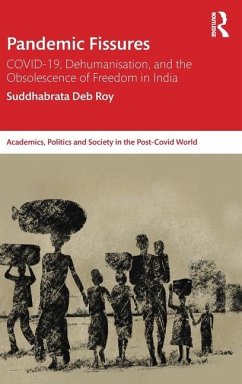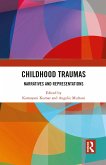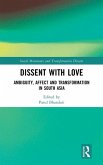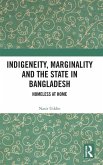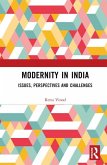This book analyses India's response to COVID-19, using an intersectional framework that highlights the roles of the central government, regional governments, and community organisations, both formal and informal. The volume brings forward the immense potential embedded within collective communitarian formations by exploring themes such as disaster capitalism, municipal socialism, civic capitalism, apocalypse or disaster communism, and Marxist humanism in relation to the management strategies exhibited by the Indian government towards the COVID-19 pandemic. It underscores the necessity for imagining a scenario where egalitarian and socially just policies replace the dominance of capitalism.
Part of the Academics, Politics and Society in the Post-COVID World series, the book will be an essential read for scholars and researchers of sociology, political studies, cultural studies, social anthropology, South Asia studies, pandemic studies, and postcolonial studies.
Part of the Academics, Politics and Society in the Post-COVID World series, the book will be an essential read for scholars and researchers of sociology, political studies, cultural studies, social anthropology, South Asia studies, pandemic studies, and postcolonial studies.
"This manuscript covers both the pandemic from a Marxist angle and also explores some related issues in Marxist theory. As such, it is on the whole a good effort that demonstrates a grasp of many of the core issues, both in theory and in social reality. The topic is an important and compelling one that is in need of discussion, including for a global audience."
Kevin Anderson, Distinguished Professor of Sociology, University of California, USA.
"This manuscript deals with a critical issue that could hardly be more timely-the impact of the Covid-19 pandemic on India, and its overall social, political, and ideological consequences. The author has marshaled a considerable amount of data, reports, and information on India's response to the pandemic, which will fill an important gap in the growing body of literature concerning the pandemic's global impact. It also has the virtue of not limiting itself to an empirical analysis, drawing from a wide range of theoretical works in arguing that the pandemic highlights the need for an alternative to both neoliberal and statist models of development. The work has the potential to be an important addition to Routledge's catalog of works on critical social theory."
Peter Hudis, Distinguished Professor, Humanities and Philosophy, Oakton College, USA.
Kevin Anderson, Distinguished Professor of Sociology, University of California, USA.
"This manuscript deals with a critical issue that could hardly be more timely-the impact of the Covid-19 pandemic on India, and its overall social, political, and ideological consequences. The author has marshaled a considerable amount of data, reports, and information on India's response to the pandemic, which will fill an important gap in the growing body of literature concerning the pandemic's global impact. It also has the virtue of not limiting itself to an empirical analysis, drawing from a wide range of theoretical works in arguing that the pandemic highlights the need for an alternative to both neoliberal and statist models of development. The work has the potential to be an important addition to Routledge's catalog of works on critical social theory."
Peter Hudis, Distinguished Professor, Humanities and Philosophy, Oakton College, USA.

